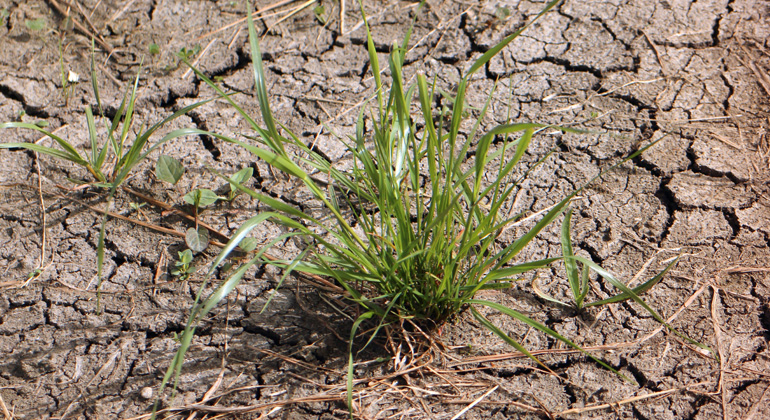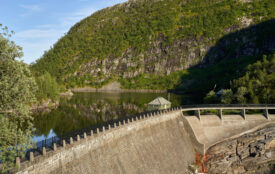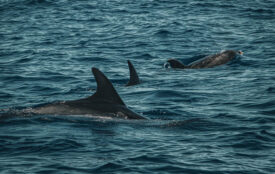Climate change costs the world 12% of GDP for every 1°C of warming
a new report on the effects of climate change assumes that these damages are up to six times greater than previous estimates. According to the report, every 1 degree Celsius increase in global temperature may be associated with a 12% decline in global gross domestic product (GDP).
The report, entitled “The macroeconomic impact of climate change: Global vs. local temperature“, is a working paper by the National Bureau of Economic Research (NBER). It states that the “social cost of carbon” could be around $1,056 per tonne of carbon dioxide emissions.
The findings are much higher than previous estimates; the Interagency Working Group estimated the cost to be about $51 per metric ton, while the U.S. Environmental Protection Agency (EPA) estimated $190 per metric ton of carbon emissions, E&E News reported. According to Statista projections, the amount of global carbon emissions for 2023 was about 37.55 billion metric tons. Further, the new NBER report found that if the world continues at a business-as-usual warming scenario, it could lead to a welfare loss of about 31%, emphasizing the economic importance of reducing emissions.
“There will still be some economic growth, but by the end of the century people could be 50% poorer than they would be without climate change,” said Adrien Bilal, co-author of the report.
According to NASA, the world has already warmed by 1.36 degrees Celsius by 2023, compared to the pre-industrial average temperature from 1850 to 1900. In a Guardian poll published earlier this month, hundreds of leading climate scientists from around the world said they expect global warming to reach at least 2.5 degrees Celsius by the end of the century.
The link will take you to the latest and most interesting reports:
The Danish company Vestas will be trialling the use of sustainable aviation fuel (SAF) at the Baltic Eagle wind farm in the Baltic Sea in 2024. The pilot project will see Vestas’ technicians and jack-up vessel crews using helicopters, some of which will be fuelled with SAF, to transport themselves to and from the Baltic Eagle wind farm during the construction phase of 50 offshore wind turbines. https://www.vestas.com/en/media/company-news/2024/vestas-to-test-sustainable-aviation-fuel-c3985693








